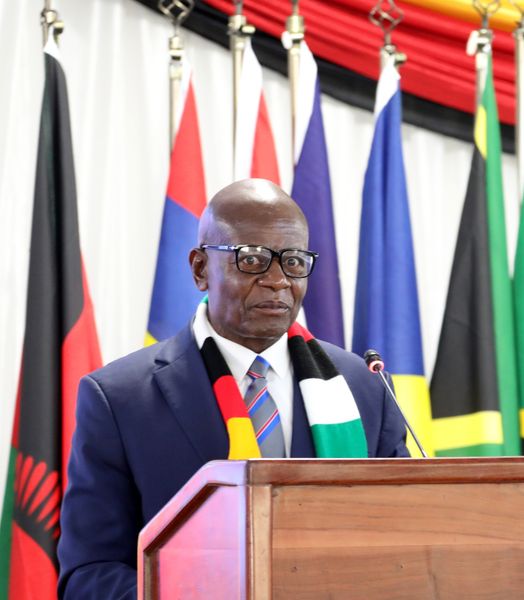Southern Africa Faces Drought Crisis: SADC and Partners Call for Urgent Help
Governments and partners in Southern Africa are urging for increased assistance to tackle the growing humanitarian crisis caused by a severe drought. The drought, triggered by the 2023/2024 El Niño, has led to widespread water shortages, livestock losses, and food insecurity in the region.
At a meeting held on November 28, 2024, in Victoria Falls, Zimbabwe, the Southern African Development Community (SADC) and the United Nations called for quick action to help affected communities.
Millions of families are struggling with hunger, and smallholder farmers who produce most of the region’s food are facing difficulties in getting seeds and supplies. Food insecurity is expected to worsen in the coming months, especially in March-April 2025.
In addition to the drought, the region is also battling ongoing health crises like cholera and the recent Monkeypox outbreak. The situation is especially dire for children, with nearly 4 million expected to suffer from malnutrition.
Honourable Daniel Garwe, Zimbabwe’s Minister of Local Government and Public Works, stressed the need for collective action, saying that global priorities must come together to address this disaster. SADC Deputy Executive Secretary Ms. Angele Makombo N’tumba highlighted the importance of urgent, collective action to tackle food insecurity.
The region is also facing a potential La Niña event later in 2024, which could bring more rainfall but also risks like flash floods and cyclones. To better prepare for such events, officials are calling for stronger disaster management and resilience-building efforts, as well as better agricultural systems.
Ms. Reena Ghelani, the UN’s Climate Crisis Coordinator, emphasized that Southern Africa is at the forefront of the climate crisis, and decisive action is needed to protect people’s livelihoods and help them recover.
Mr. Edward Kallon, the United Nations Resident and Humanitarian Coordinator in Zimbabwe, added that it’s essential to focus on resilience, ensuring that communities don’t just recover but become stronger in facing future challenges.He called for enduring partnerships to strengthen disaster risk management efforts across borders.
The UN, SADC, and humanitarian partners continue to work together to provide support, but more help is needed to ensure lasting solutions. The focus is on building resilience and adapting to future climate challenges.
Source: SADC



